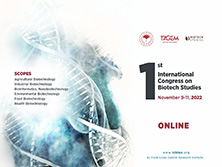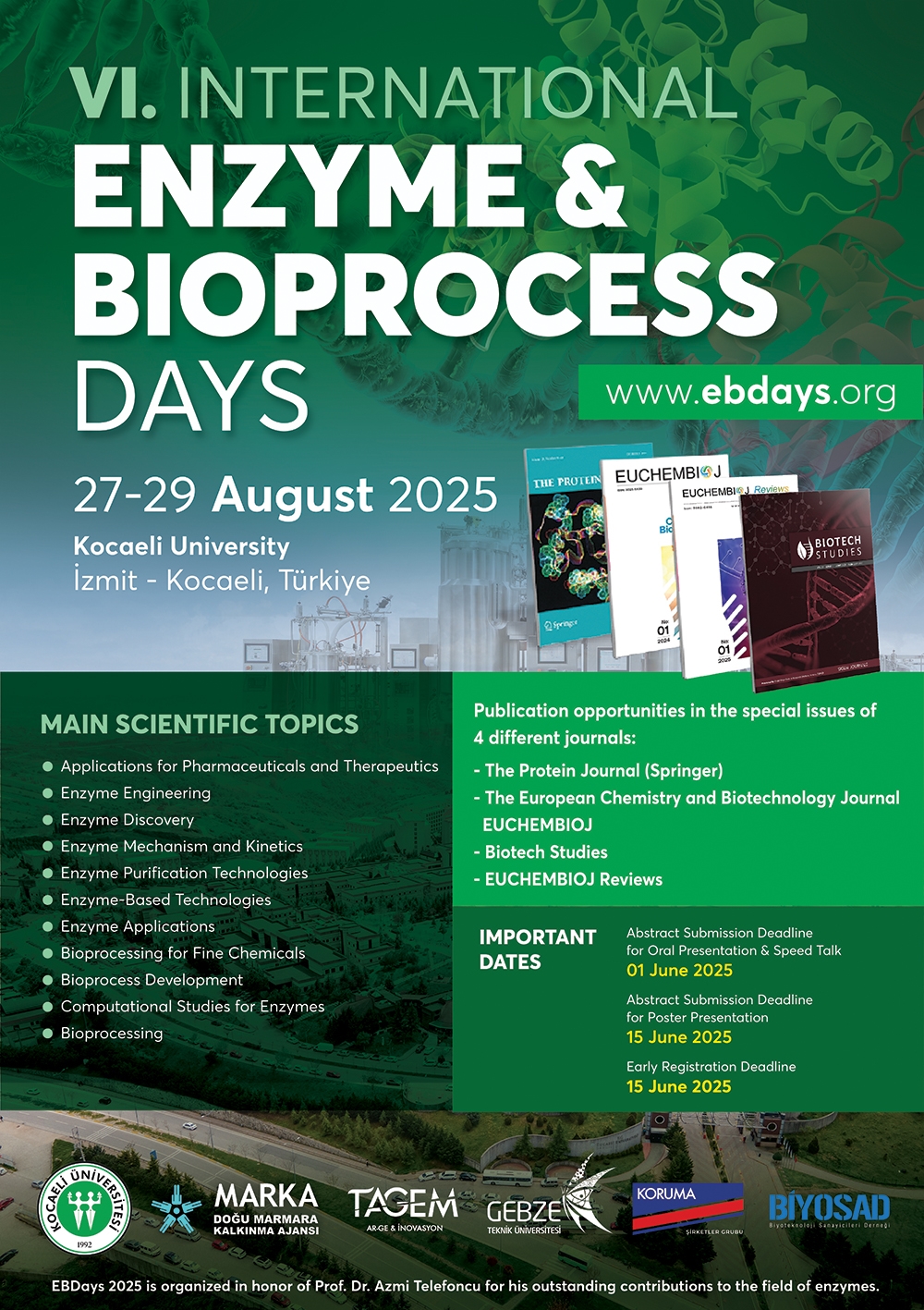Biotech Studies
2020, Vol 29, Num, 2 (Pages: 69-76)
Impact of titanium dioxide nanoparticles (TiO2-NPs) on growth and mineral nutrient uptake of wheat (Triticum vulgare L.)
2 Department of Environmental Engineering, Faculty of Engineering, University of Mersin, Yenisehir 33343, Mersin, Turkey
3 BME Research and Development Limited Company, TUBITAK Marmara Center Technology Free Zone Gebze Campus, Gebze 41470, Kocaeli, Turkey DOI : 10.38042/biost.2020.29.02.03 - Titanium dioxide nanoparticles (TiO2-NPs) among metallic NPs are one of the most produced and consumed NPs in the world. Thus, TiO2-NPs release into the environment is inevitable. Their impact on food source cereals is still unclear. The purpose of this study was to assess the phytotoxic impacts of TiO2-NPs on growth and some mineral nutrient (zinc (Zn), iron (Fe), manganese (Mn), copper (Cu), nitrogen (N), phosphorous (P), potassium (K)) uptake of the wheat (Triticum vulgare L.) plant. The TiO2-NP suspensions at increasing concentrations (0, 5, 10, 20 and 40 mg L-1) were applied to wheat plant Yunus cultivar grown in hydroponic culture under controlled conditions for 21 days. The results indicate that the TiO2-NPs have not statistically significant effects on plant growth. The chlorophyll content was decreased with increasing TiO2-NP treatment, except for 5 mg L-1 TiO2-NPs treatment. The higher N (4.58%), P (0.78%), Zn (87.50 mg kg-1), and Cu (12.90 mg kg-1) concentration were recorded at 40 mg L-1 TiO2-NPs treatment. On the other hand, K concentration was decreased at 20 and 40 mg L-1 TiO2-NPs treatments. This study has shown that exposure to TiO2-NPs causes no significant phytotoxic effect on wheat. Keywords : Nanoparticle, TiO2-NPs, Mineral nutrient, Hydroponic culture, Wheat
















